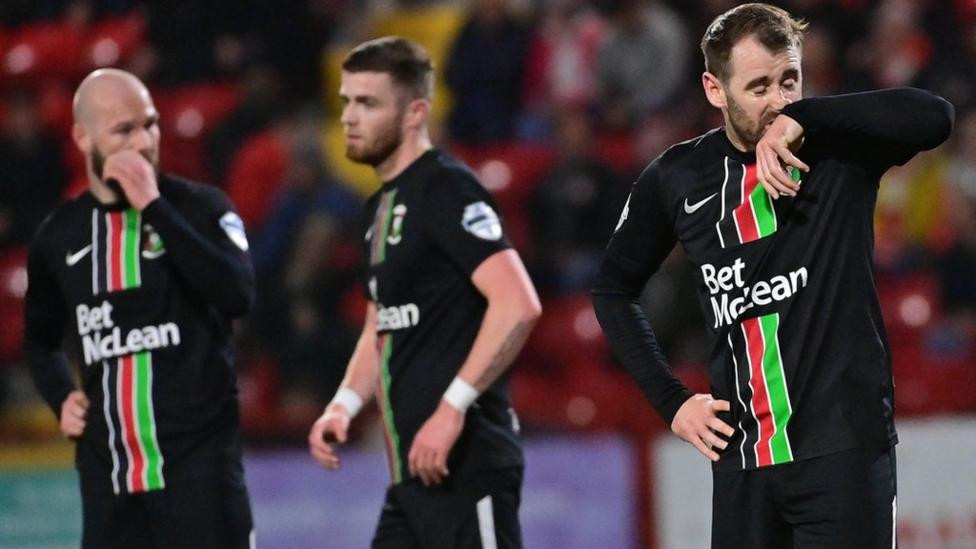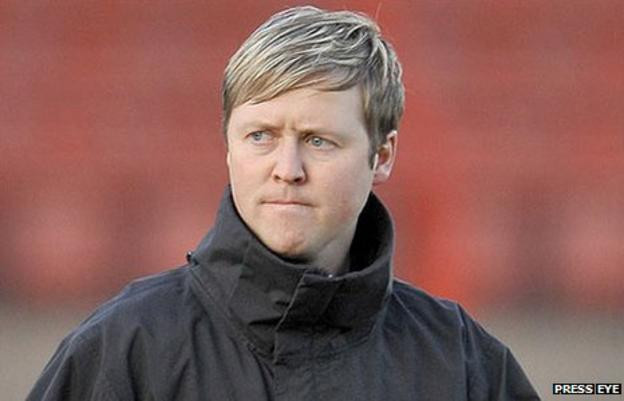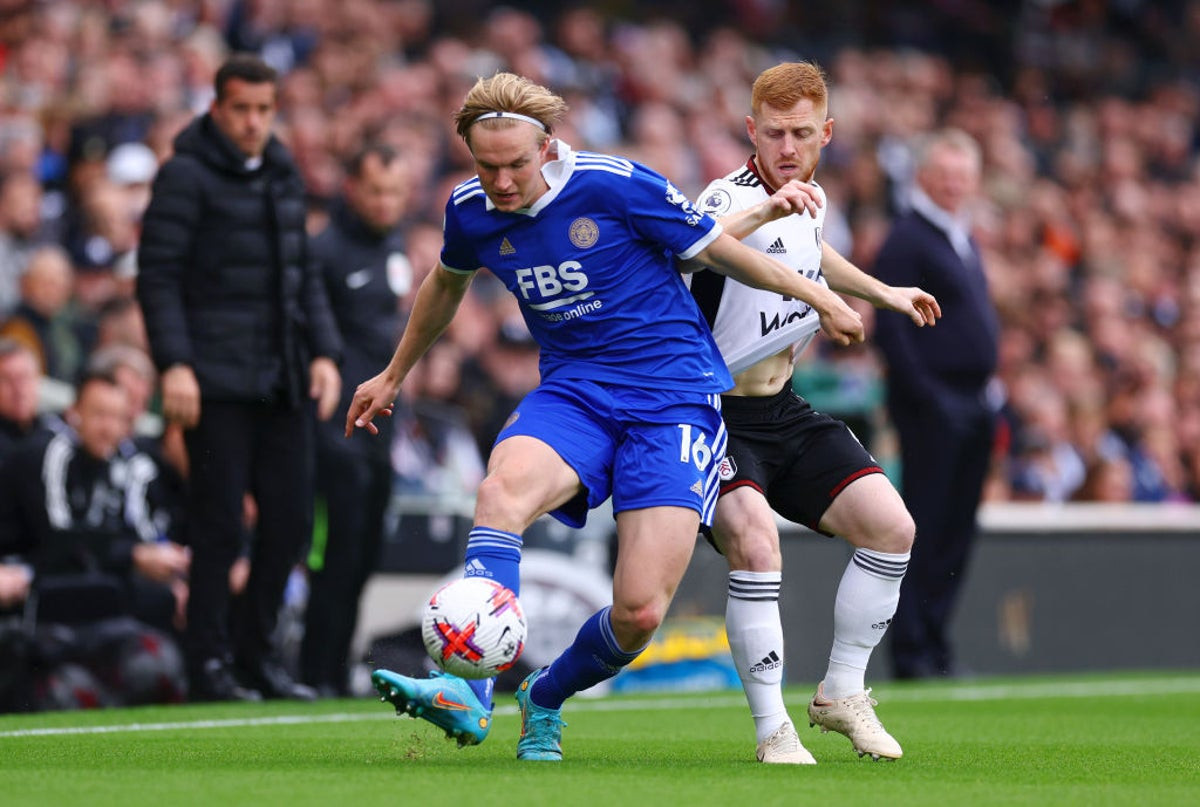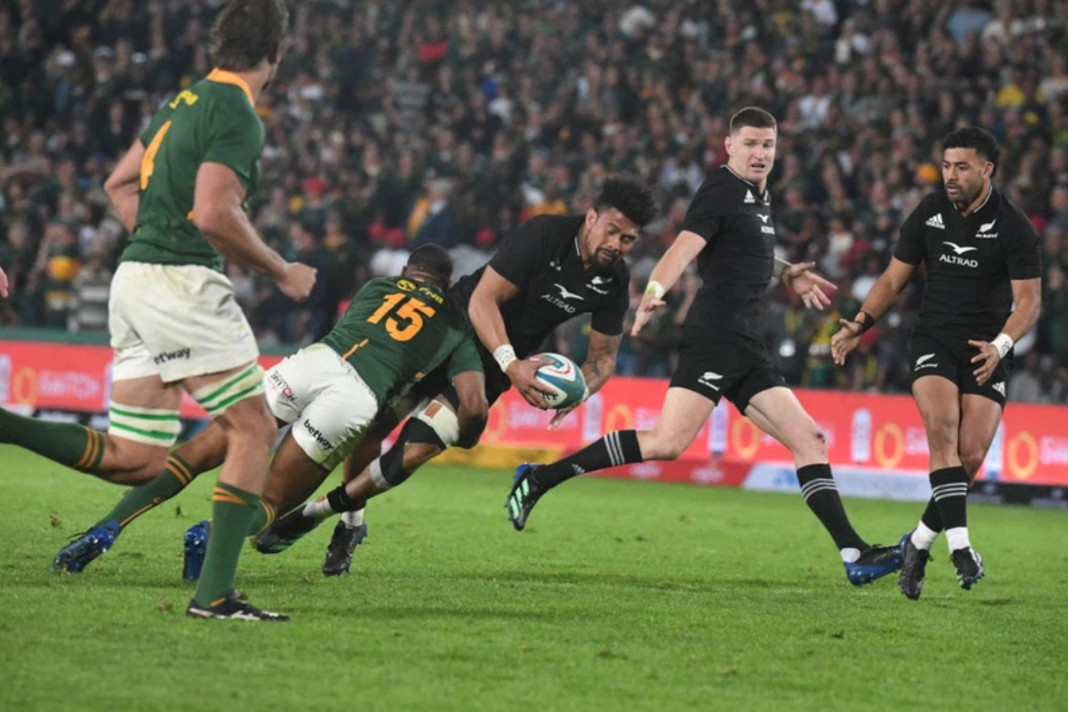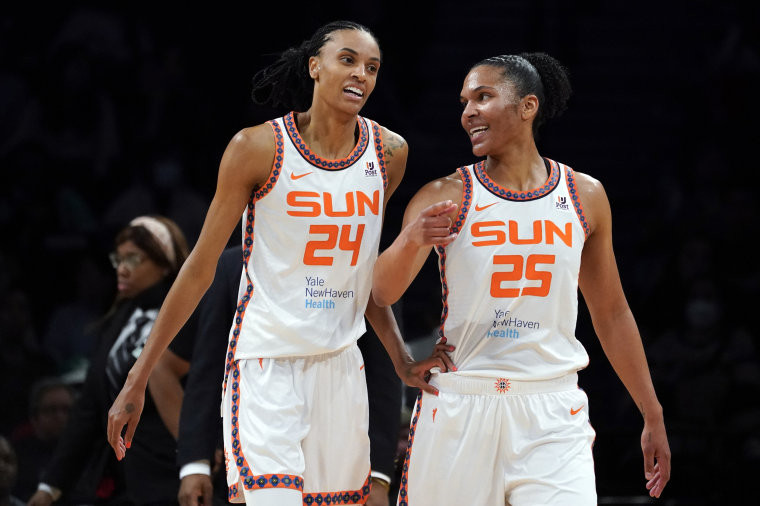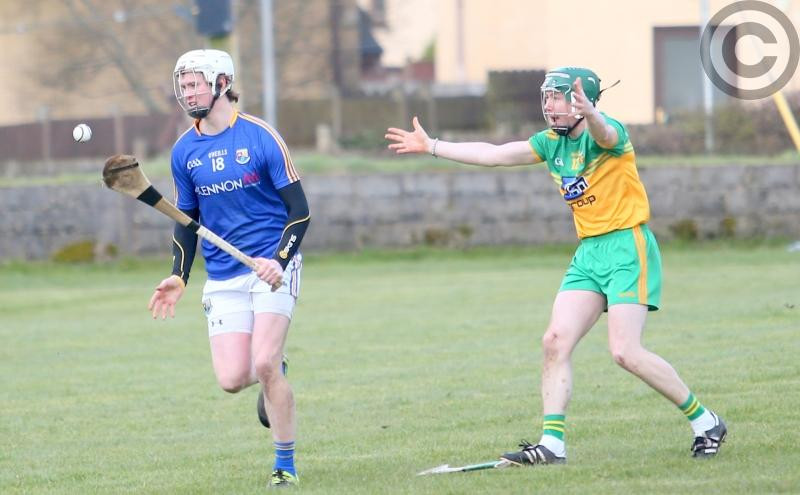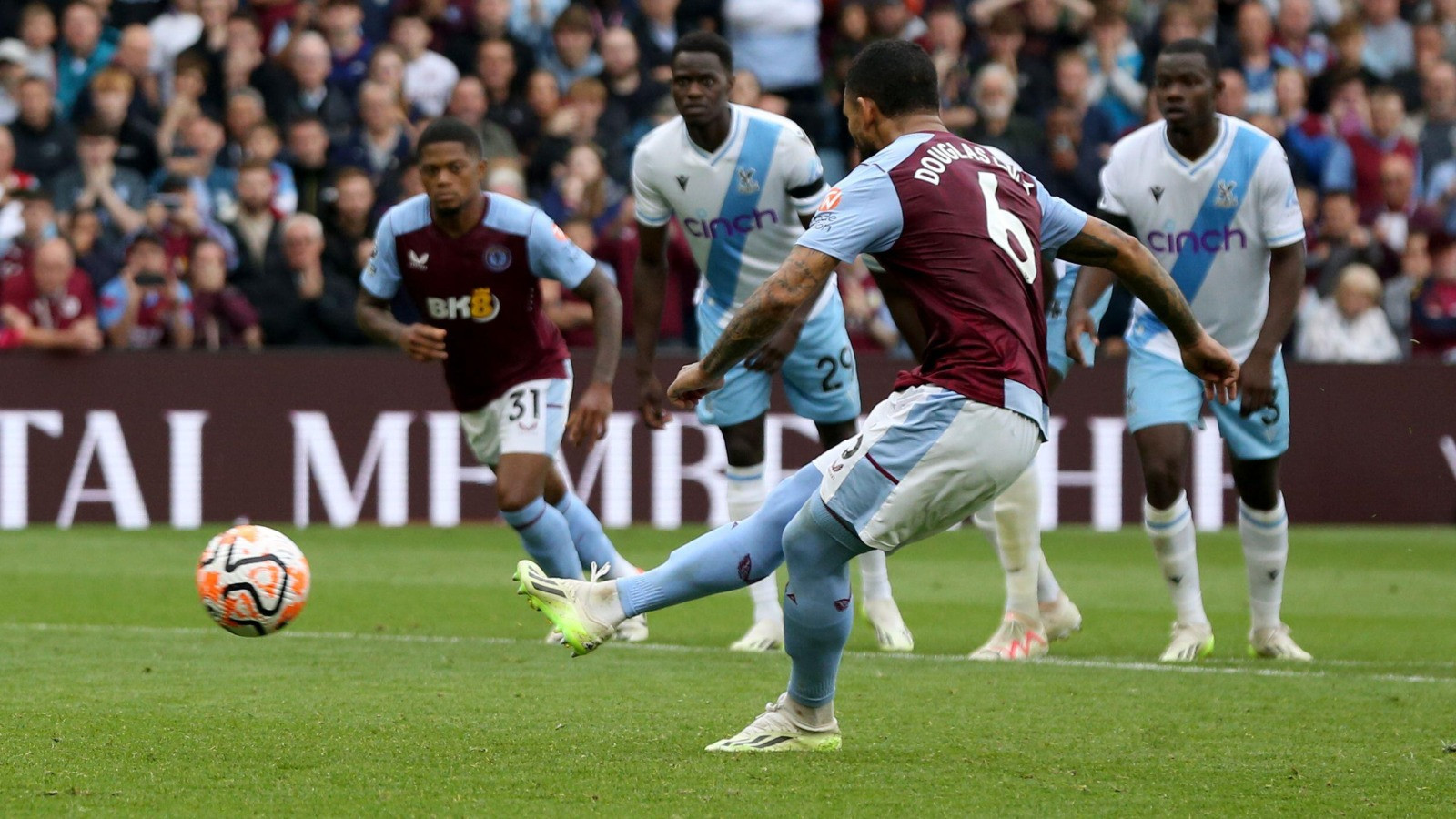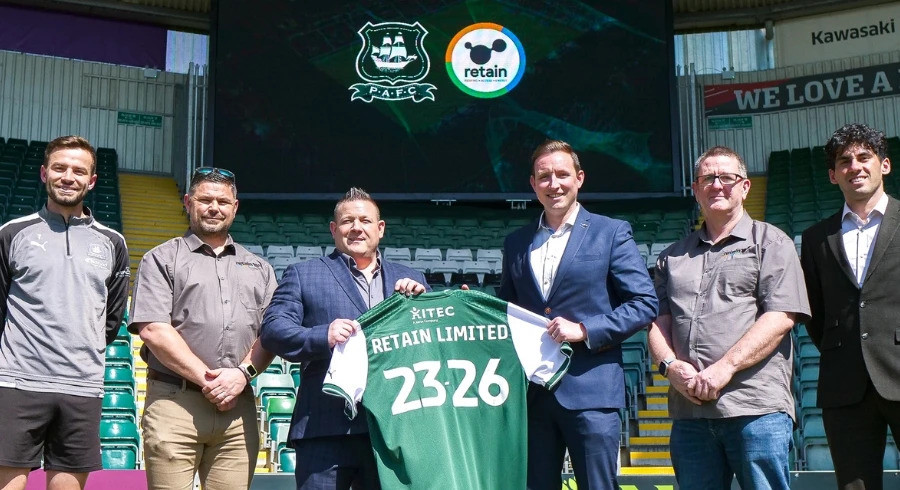Glentoran manager Declan Devine has warned his young players at The Oval to be aware of the perils of using social media. In the modern era, footballers and particularly younger players are acutely aware of their profile on social media platforms.
When things are going well, everyone is your friend – but when the chips are down some of the negative feedback can be damaging to players, on and off the pitch.
Aged 51, when Devine was growing up and playing in Derry, communicating with friends was done either face to face or over the telephone. He reveals he does have a presence on social media, but says he controls his use of it and warns that it can be a double-edged sword.
“We speak all the time about these things and I am actually on social media,” said the former Glens goalkeeper.
“I use it for networking and staying in touch with family and friends; it’s easier to stay in contact with those outside the country or former team-mates.
“I use it in a positive manner, whether we win, lose or draw on a Saturday I’m genuinely not looking for compliments or kicks in the teeth. I don’t need someone to say ‘well done today’ if we won all three points and I don’t need anyone to kick me in the teeth if we don’t. I stay away from that aspect of it.
“That’s my advice to players, if you need your ego massaged or you want a pat on the back for a certain post then you better be prepared for the other side of it.
“Draw a line under what you want out of it but it’s such easy access to assassinate, especially some young players.
“I think a lot of experienced players can take it with a pinch of salt but it’s so easy under a fake account to make personal remarks. It could knock the stuffing out of an 18 or 19-year-old player.”
The Dangers of Online Abuse
Declan Devine's warning about the perils of social media is a timely reminder of the growing problem of online abuse in football. Players, especially young ones, are increasingly vulnerable to negative comments and criticism on social media platforms. This can have a significant impact on their mental health and well-being, potentially affecting their performance on the pitch. Devine's advice to young players is to approach social media with caution and be prepared for the negative side of online interaction.
Social Media: A Double-Edged Sword
Devine acknowledges that social media can be a valuable tool for networking and staying in touch with family and friends. However, he emphasizes the importance of using it in a positive and controlled manner. He suggests that players should avoid seeking validation or praise online, as this can lead to disappointment and even abuse. Devine's approach highlights the importance of setting boundaries and maintaining a healthy balance when it comes to social media engagement.
A Call for Greater Protection
Devine's concerns about the impact of online abuse on young players underscore the need for greater protection and support for these individuals. Clubs and organizations should implement measures to safeguard young players from online harassment and abuse, including providing education and resources on responsible social media use. The football community should also work towards fostering a more positive and respectful online environment, where players can thrive without fear of online vitriol.
Beyond the Pitch: Dundalk's Financial Crisis
While Devine's concerns about social media are critical, his comments also shed light on a broader issue affecting Irish football: financial instability. The recent financial crisis at Dundalk, a club that has enjoyed considerable success in recent years, highlights the fragility of the Irish football landscape. Devine, who has experienced financial challenges during his time as a manager, argues that stricter licensing rules are needed to protect clubs from similar situations.
A Wake-Up Call for Irish Football
The Dundalk saga serves as a wake-up call for the Irish footballing authorities. There needs to be greater transparency and accountability in the way clubs are managed, with stricter regulations to ensure financial stability. Devine's call for stringent licensing rules is a crucial step towards safeguarding the future of Irish football. It is essential to create an environment where clubs can thrive and compete at the highest level without facing the threat of financial collapse.
Glentoran's Resilience
In contrast to Dundalk's struggles, Glentoran, under the ownership of Ali Pour, is enjoying a period of financial stability. This stability has been instrumental in allowing the club to focus on developing young players and achieving success on the pitch. Devine's comments highlight the importance of strong ownership and financial backing in ensuring a club's long-term success. However, the financial challenges faced by Dundalk serve as a stark reminder of the need for greater vigilance and robust financial regulations across the Irish football landscape.




